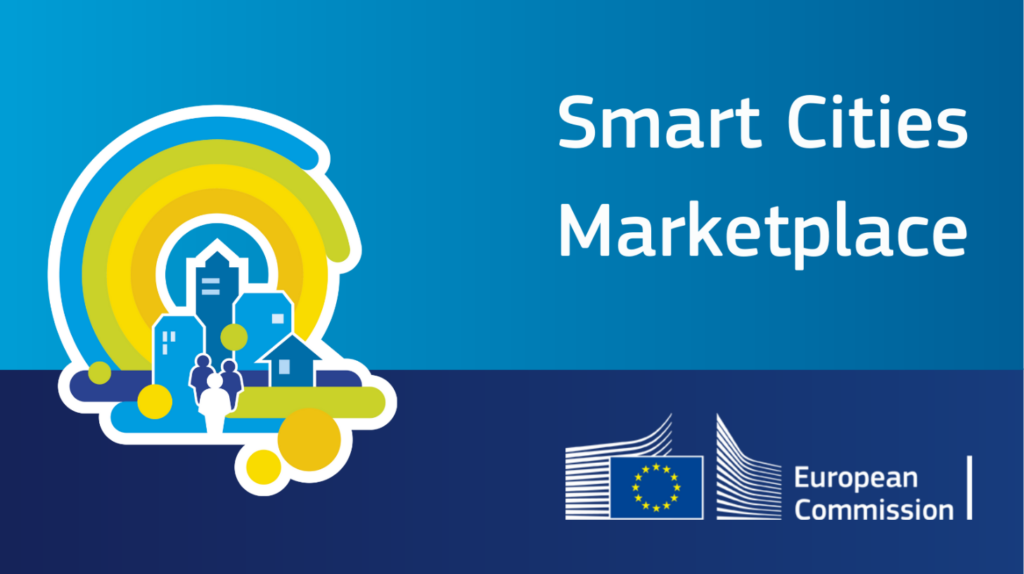The Green Cities consortium developed the blog post “Smart City Development: Strategic Planning and Management” under the EU-Funded Project Youth Participation for Developing Sustainable Green Cities (reference number: 2022-1-DE04-KA220-YOU-000085135). L4Y Learning for Youth GmbH is leading the project alongside partners Citizens in Power, Toplum Gönüllüleri Vakfı, Kean, Walktogether, and Kaán Károly Környezetvédelmi Egyesület.
This blogpost is based on the training content developed for the Green Cities project. For more content like this, click here. If you would like learn more about the topic, we suggest enrolling in our free online training course. In the platform, you will also find the full list of references and extra suggested reading material.
To keep up to date, follow our YouTube Channel, as well as our X and Instagram social media pages.
ez-toc
Introduction to Smart City Development
In an urbanized world, smart cities are a promising solution. They address the complex challenges of urbanization. Smart city development involves advanced technologies and innovative strategies. These enhance urban life quality, sustainability, and efficiency. This blogpost explores key innovations and strategies. It also examines their implications for future urban planning.
Innovations in Smart City Development
Smart city development includes various innovations. IoT-enabled sensors and data analytics platforms revolutionize data collection, analysis, and utilization. Additionally, technologies like renewable energy systems and autonomous vehicles reshape urban infrastructure. Digital twin simulations also contribute to more resilient environments.
In Türkiye, initiatives like the Istanbul International Center for Smart Urbanism (IICSU) focus on smart urban planning. The Istanbul Data Center is another example. Furthermore, Izmir’s Smart Urban Development Project, supported by the EU, implements smart technologies. These efforts improve urban mobility and energy efficiency. Consequently, they pave the way for sustainable urban development.
Strategies for Future Urban Planning
Effective urban planning is crucial for smart city initiatives. Thus, cities must adopt holistic and participatory planning approaches. They need to integrate smart city principles into urban master plans. Zoning regulations and infrastructure investments should also reflect these principles. Furthermore, collaboration among government agencies, private sector partners, and community organizations is essential.
Conclusion
In conclusion, smart city initiatives hold immense potential. They address urbanization challenges and build sustainable, resilient, and inclusive cities. By leveraging technology, data, and citizen engagement, cities can enhance life quality. They can also promote economic growth and protect the environment. As cities evolve, smart city development will shape future urban planning and governance.













